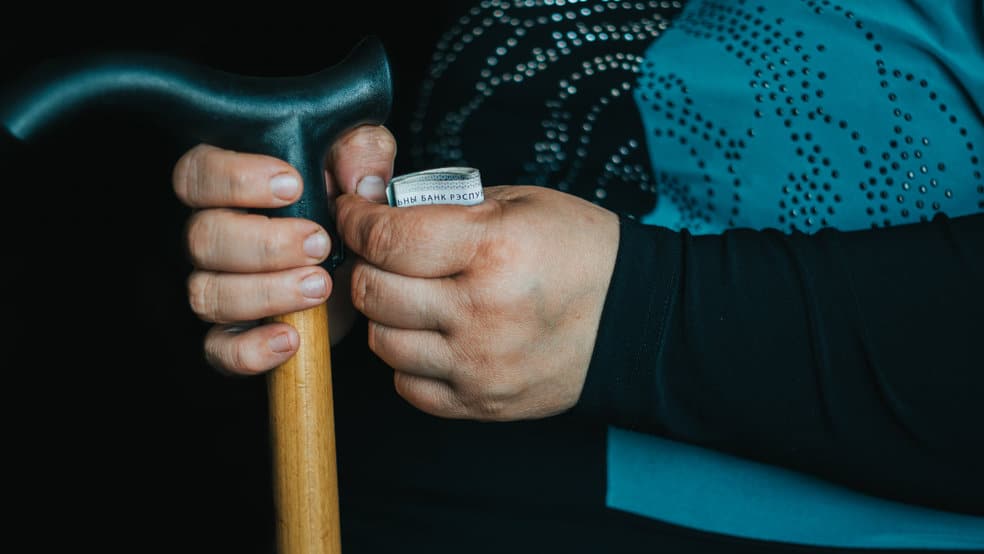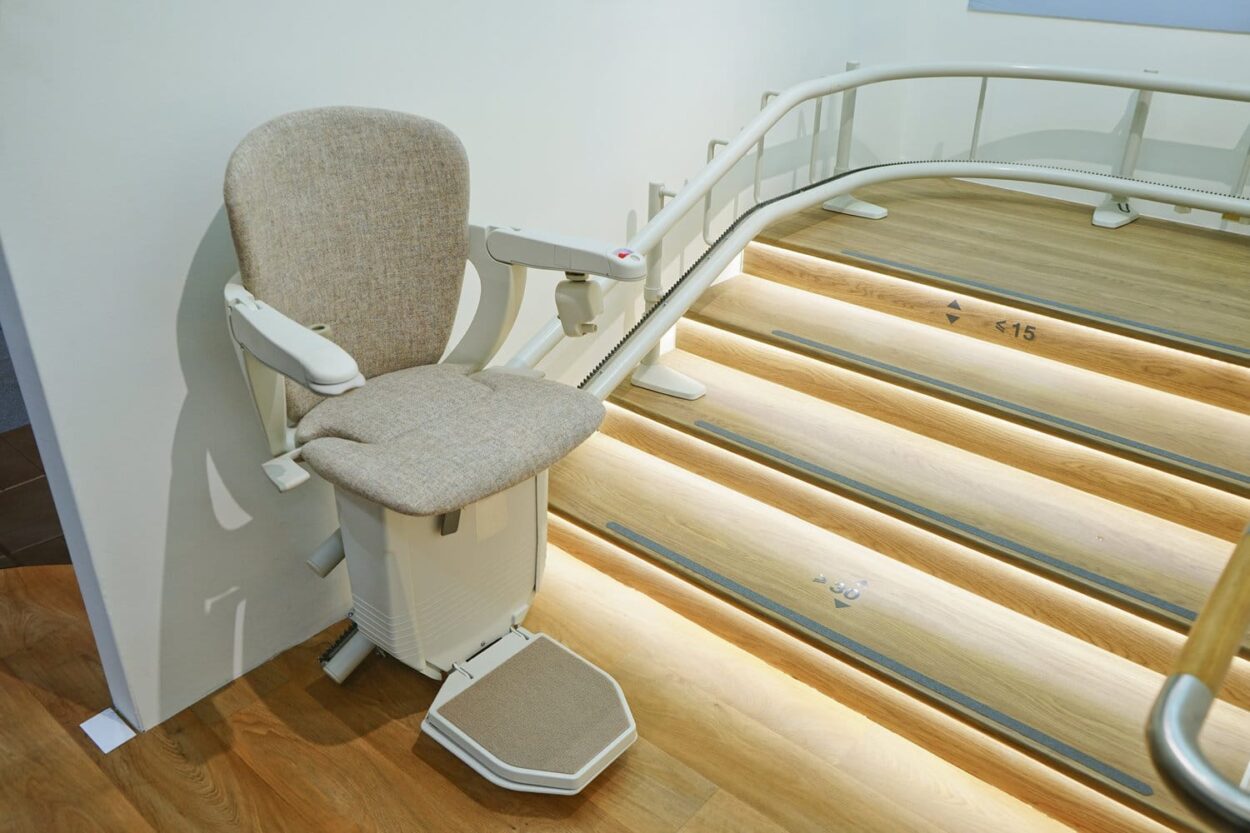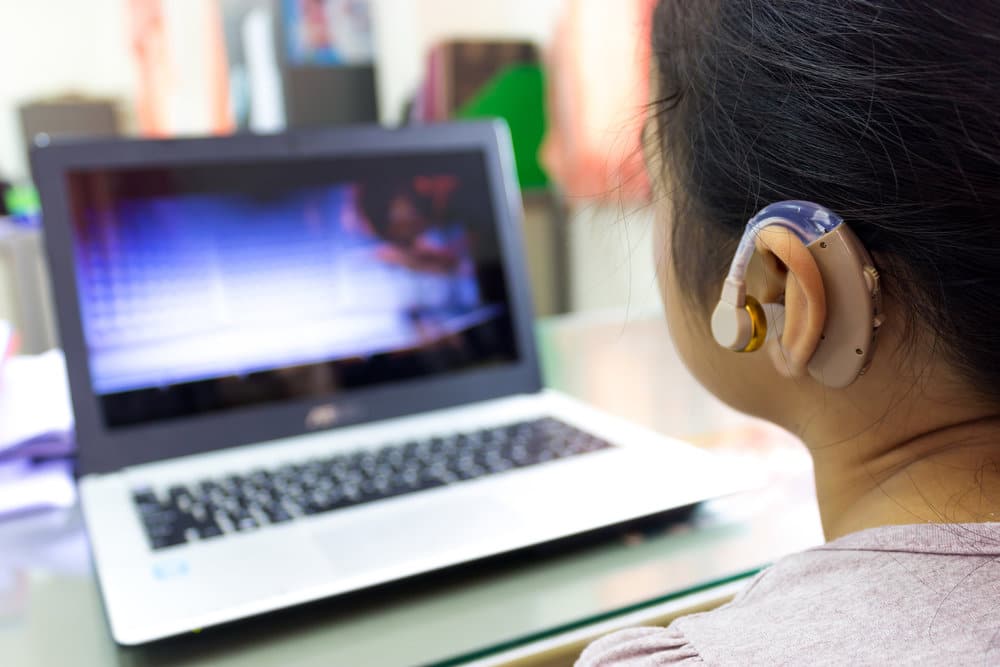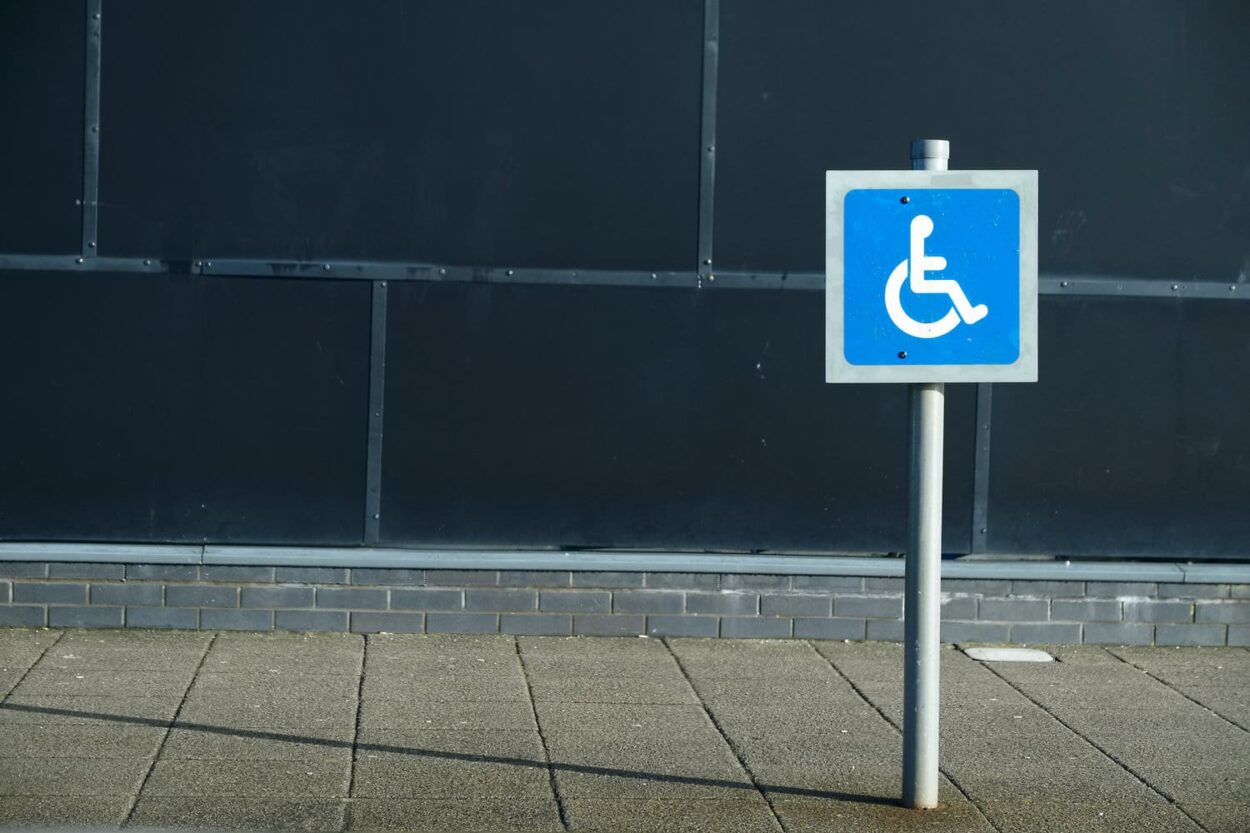Jasmine Birtles
Your money-making expert. Financial journalist, TV and radio personality.


Life for a disabled person costs them on average an extra £583 a month. Although welfare is available to those with disabilities, it’s not enough to cover the numerous extra costs disabled people and their families face. So, every month people are left short and have lost money due to their disability or impairment.
We’ve compiled seven of the best discounts for disabled people that we hope will save you some extra cash!

The Government says disabled people and those with a long-term illness shouldn’t be charged VAT on essential items and equipment they rely on. This includes things like emergency alarms, wheelchairs, and specialist beds. It also includes building work needed to make adjustments to your home, such as having railings or ramps fitted. You are also exempt from paying VAT on installation costs, repairs and maintenance, and any spare parts that may be needed.
If you are not sure if something you need will be VAT-free you can use the HMRC guide for more information or call their helpline. Don’t purchase something without enquiring if you can get a VAT discount first. The discount has to be removed a the time of purchase, rather than from reclaiming.
Technically, you’re eligible if you have a physical or mental impairment that affects your ability to carry out everyday activities, or have a chronic or terminal illness. However, you won’t qualify if you are temporarily disabled (such as having a broken leg).
If you’re disabled, or live with a disabled person, you can claim discounts on some utility bills.
WaterSure is a scheme across England and Wales for people struggling with their water bills. You qualify if you have a medical condition that requires you to use a high level of water and are on certain benefits.
You need to have, or be waiting for, a water meter to be fitted. Your water bill will then be capped at the average metered bill for the area. Where your usage is under the average then you only pay for what you have used.
Apply by speaking to your water supplier (find out yours here) and filling out their form. You have to supply evidence, such as your awards notice of benefits, and proof of your medical condition from your doctor.
The Warm Home Discount is in place to help vulnerable customers struggling to afford energy bills. You don’t get money directly. Instead, you receive a credit of £140 onto your energy bills, credited some time between September and March.
You’re eligible if you’re on a low income, receive the Guarantee Credit element of Pension Credit, or you get means-tested benefits like Universal Credit. You must stay with your supplier until the credit is paid to your account – so will have to wait to switch until springtime. Speak to your energy supplier to apply for the discount – there’s a limited amount available each year, on a first-come-first-served basis.
Council tax is based on the size of your property. However, many people need extra space because of their disability – such as an extra bathroom or room to move around in a wheelchair. You could be entitled to a reduced Council Tax bill. Ask your local council about the Disabled Band Reduction scheme or check your eligibility here.
The Severely Mentally Impaired (SMI) discount is for those diagnosed as SMI. People living alone don’t pay any Council Tax, and those living with another adult get a 25% discount.

Anyone with a disability (learning difficulties, mental health conditions, physical disabilities, long-term illnesses) that affects their studying can apply. You have to be studying either part or full-time for at least a year. The allowance is given to help cover costs that are incurred because you are studying with a disability, and not any other disability-related costs or expenses most students face.
Full-time students applying for other student finance such as a tuition loan can apply for DSAs from their online account. If you’re not applying for any other finance then you’ll need to download a DSA1 application form from the Student Finance website and fill it out. If you’re studying part-time you also have to download and fill out a paper application.
Students eligible for the NHS Disabled Students’ Allowance can’t also apply for DSA.
These are the maximum amounts you may be eligible for as a full-time student:
The current prescription charge on the NHS is £9.15 per item. Having a medical condition or physical disability may entitle you to free prescriptions, but you need to have a valid medical exemption certificate.
Get an application form from your doctor to apply for your certificate. It should arrive within two weeks; you can apply for a refund of any prescriptions purchased in the time between applying and receiving your card. To get this refund, ask for a FP57 refund receipt when you pay and then follow the instructions given. You must apply for a refund within 3 months of purchase.
Some libraries offer reduced rates for bookings and borrowings and smaller fines to disabled people. Free, or cheaper, audio visual material is usually available for disabled people as well. Unfortunately, there’s no uniform policy all libraries follow and it varies between each local authority. Contact your local council to find out what particular discounts they offer.
If you are unable to visit your local library, it is worth checking out if they can help as some local authorities offer a free delivery service for disabled and housebound people.

Getting out and about is much cheaper if you know where to find the discounted schemes!
A Blue Badge allows the user to park for reduced rates or in areas other people can’t park. For example, parking on double yellow lines is allowed if your vehicle isn’t blocking access or creating an obstruction on the highway. It’s a useful tool as it means you’re able to park close to your destination. Most public car parks allow Blue Badge holders to park for free for a certain period, or a significantly reduced fee. You’ll need to check the details for individual car parks.
Apply for or renew a blue badge for disabled parking here. Although it’ll cost you up to £20, it saves a lot of money on expensive on-street parking over a three-year period. You need to renew every three years.
If you have a “hidden” disability, like anxiety disorder or dementia, you are now able to get blue badge permits. Eligibility varies slightly but you can find details on the Government’s guidance here. As part of your application, you need to provide medical evidence or agree to attend an independent assessment.
Apply for a disabled person’s bus pass from your local council for free or discounted bus travel in your local area.
If you live in London, you can apply for a disabled person’s Freedom Pass for free travel across the city, including tube, bus, and rail journeys.
Disabled railcards provide great savings if you travel this way a lot. They cost £20 a year but give you ⅓ off your fares at any time. When you travel with a carer companion, they also get a third off their ticket. A National Express Disabled Coachcard costs £12.50 (plus £2.50 P&P) and saves you a third off all tickets, too.
You have to prove your eligibility. Common forms of acceptance include showing you receive Personal Independence Payments (PIP), receive the Disability Living Allowance (DLA), or are registered as having a hearing or visual impairment.
Find out if you’re eligible for the Diversability Card, a newly launched discount card scheme for people with disabilities in the UK.
If you’re looking for more information on disability benefits, what you may be entitled to, or additional financial help for disabled people and carers, try these:

My name is rayfield’s I’m disabled I need help paying my electric bill please $700have an electric wheelchair that I need to work when the power goes off
I need help to get a new washing machine mine has given up it is 18 years old I am in receipt of standard mobility pip and standard daily living but still struggling with bills is terr a grant I could get to buy new washing machine please
You can get a grant if you receive dla/pip
I don’t know where to turn, I just keep giving up as I hit dead ends, I’ve been trying to find information about getting a donated, refurbished computer. I’ve gone to my library and was told to contact the local council which I did and have been forgotten or ignored, I’m registered disabled on Universal Credit and PIP, I have a Fire tablet which I’ll gladly donate but it hasn’t got the capabilities I need which I can get with a computer, I don’t know if you can help but would appreciate any info, my location is Wiltshire. Kind regards… Read more »
So good information. Just not good for me. i reside in the US
really helpful info, wish I had this info when I was studying in college and uni. you mention at one point England and wales, what about Scotland? and Ireland for that matter? worth finding out to add to your article. I expected something totally different from the heading, but was a good read. I think I expected discount codes or something lol.
Lots of things I was unaware of here. Thanks.